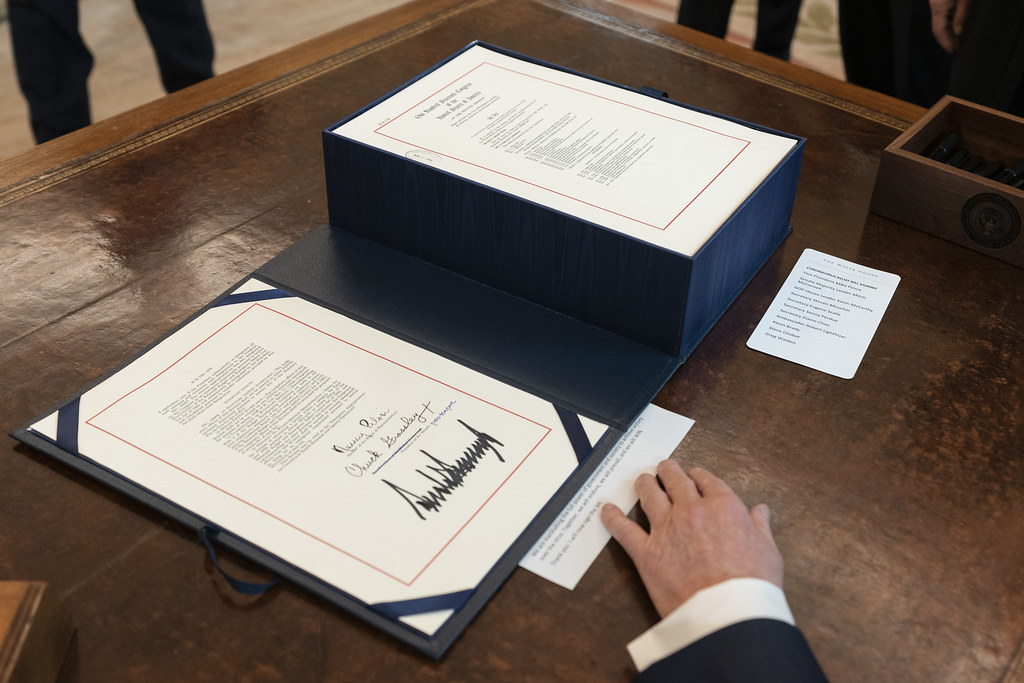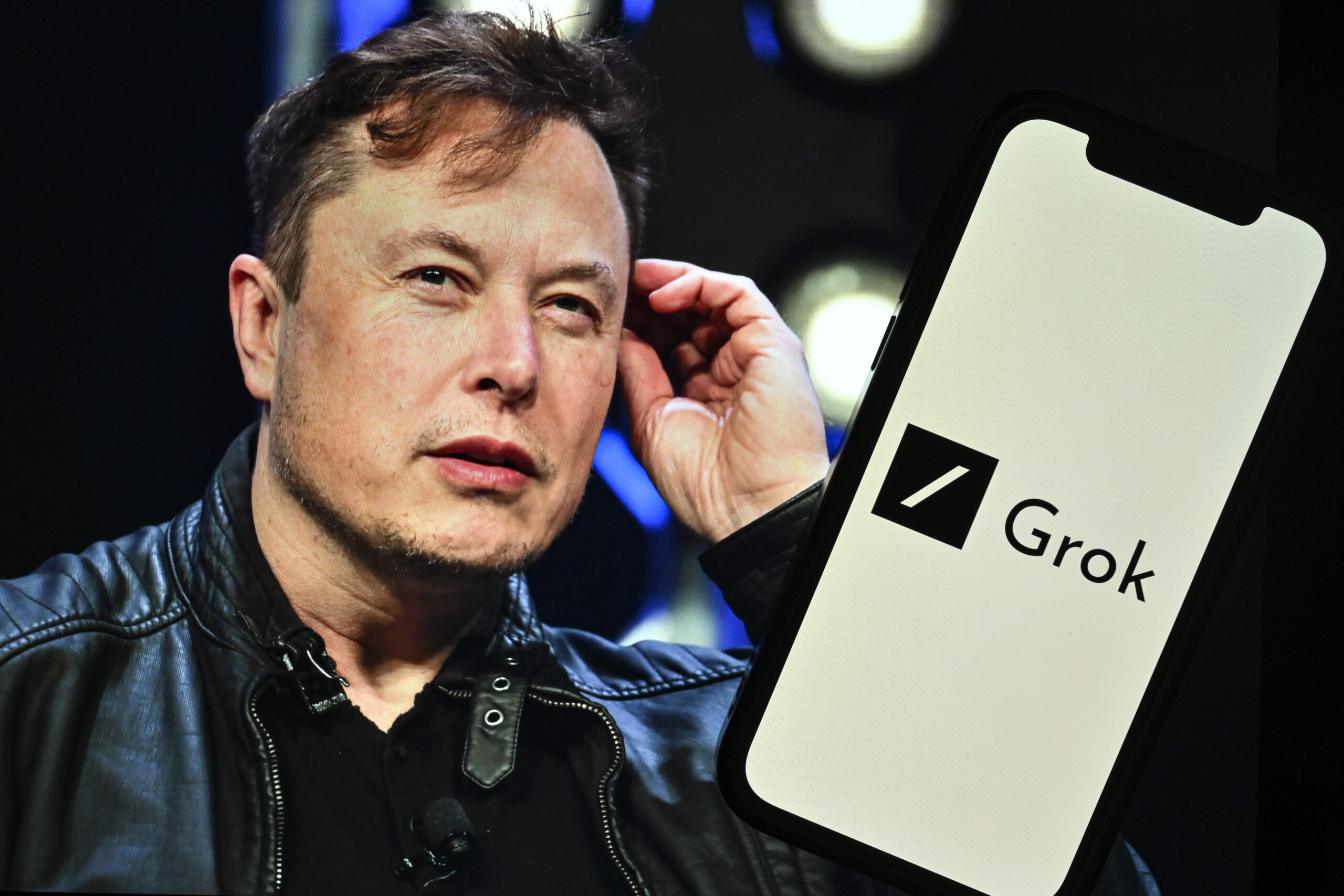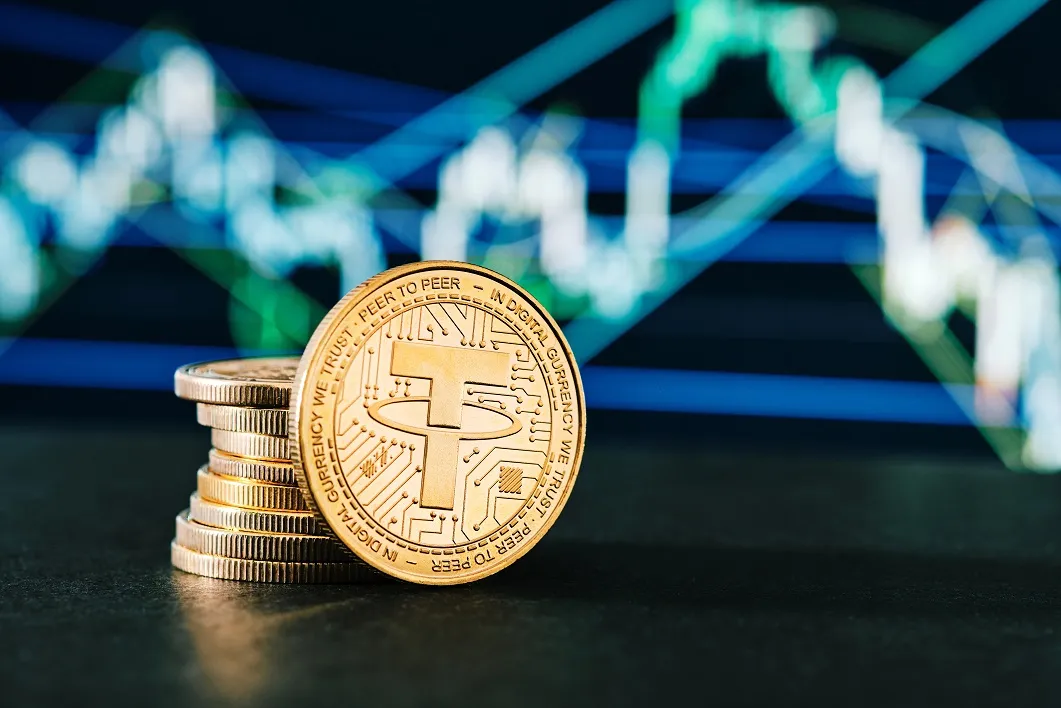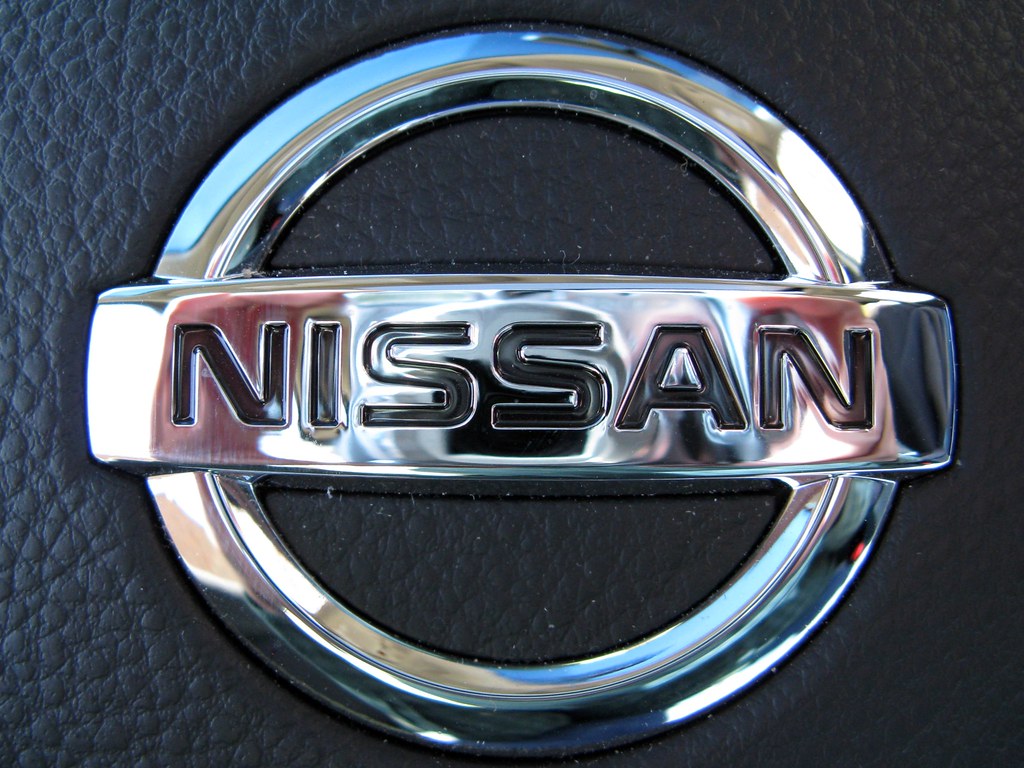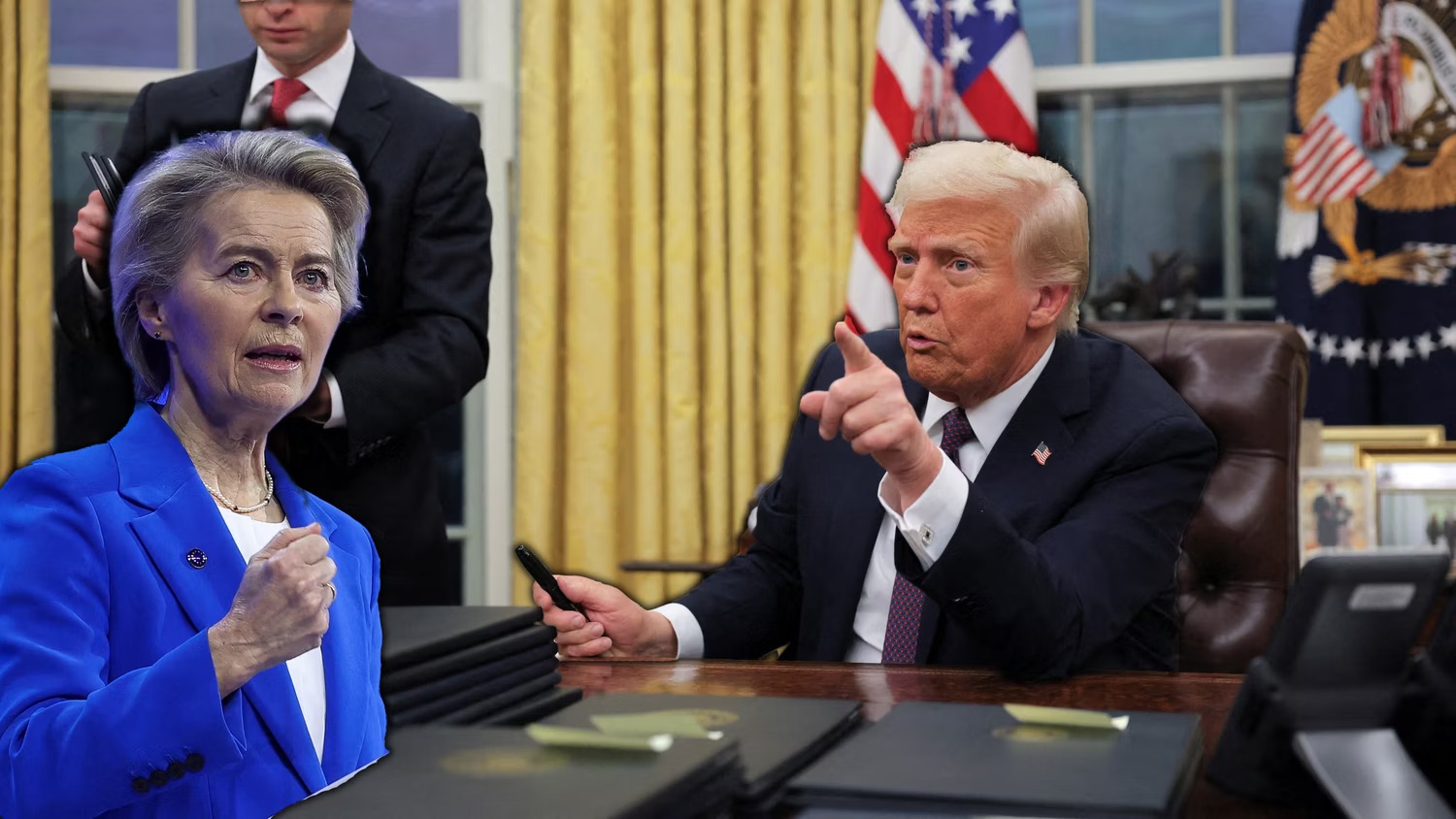As the integration of traditional financial systems with the cryptocurrency economy deepens, significant stablecoin issuers like Tether and Circle are charting distinct paths through the evolving regulatory landscape. Each company’s approach to managing regulatory challenges sheds light on their broader strategies and potential future directions in a complex global market.
Divergent Regulatory Strategies
Circle has positioned itself as a paragon of compliance, aligning closely with regulators’ calls for global coordination on stablecoin oversight. Dante Disparte, Circle’s head of global policy and chief strategy officer, advocates for harmonized regulations across jurisdictions to prevent the “balkanization” of the industry, which he views as spurred by gaps in U.S. policy that other nations are rushing to fill.
Tether, conversely, opts for a more flexible, reactive approach, particularly in how it addresses regulatory variations and combats financial crimes. Unlike Circle, Tether does not serve U.S. customers and does not plan to, likening its operations to the Eurodollar system—deposits held outside the U.S. and therefore not subject to U.S. regulations.
- Circle: Seeks global regulatory harmony and compliance.
- Tether: Adopts a flexible, country-specific approach to regulations and crime fighting.
Handling of Legal and Regulatory Challenges
The challenges facing these firms are not just theoretical but impact their operational and strategic decisions. For instance, the recent imposition of the Travel Rule on digital asset transactions has set a standard that protects the endpoints of crypto transactions, which Circle supports extending to stablecoins. This would ensure that the currency referenced by a stablecoin sets a minimum expectation around financial integrity and compliance.
Tether’s CEO, Paolo Ardoino, approaches the regulatory landscape differently, emphasizing proactive cooperation with global law enforcement agencies, including the FBI and DOJ, to combat misuse of their platform. Tether has developed capabilities to respond swiftly to requests from law enforcement to freeze assets, a process that Ardoino suggests could be more streamlined if pre-emptive collaboration were possible.
- Circle: Advocates for extended application of existing financial regulations to stablecoins.
- Tether: Focuses on active cooperation with law enforcement to address and mitigate potential abuses.
Market Dynamics and Future Outlook
Both firms face the pressures of operating in a highly scrutinized industry. Tether, with a market cap of $107 billion, has had its share of controversies regarding the integrity of its reserves. Circle, though smaller, with USDC one-third the size of USDT, has navigated significant challenges, such as the repercussions of the Silicon Valley Bank collapse.
The contrasting reflections on the Terra Luna debacle also highlight their differing corporate philosophies. While Circle focuses on compliance and systemic resilience, Tether prioritizes rapid response and market stability, even under extreme conditions like those seen during the Terra Luna crisis.
- Circle: Stresses adherence to traditional financial safeguards to prevent systemic failures.
- Tether: Emphasizes agility and robustness in crisis response, highlighting successful large-scale redemptions under pressure.
As the global landscape for cryptocurrency regulation continues to evolve, the paths chosen by Tether and Circle will significantly influence not only their futures but also the broader adoption and integration of stablecoins into the global financial system. Their approaches, while markedly different, reflect a deep engagement with the complex realities of operating within a patchwork of global regulations, each with its potential to reshape the terrain of digital finance.


